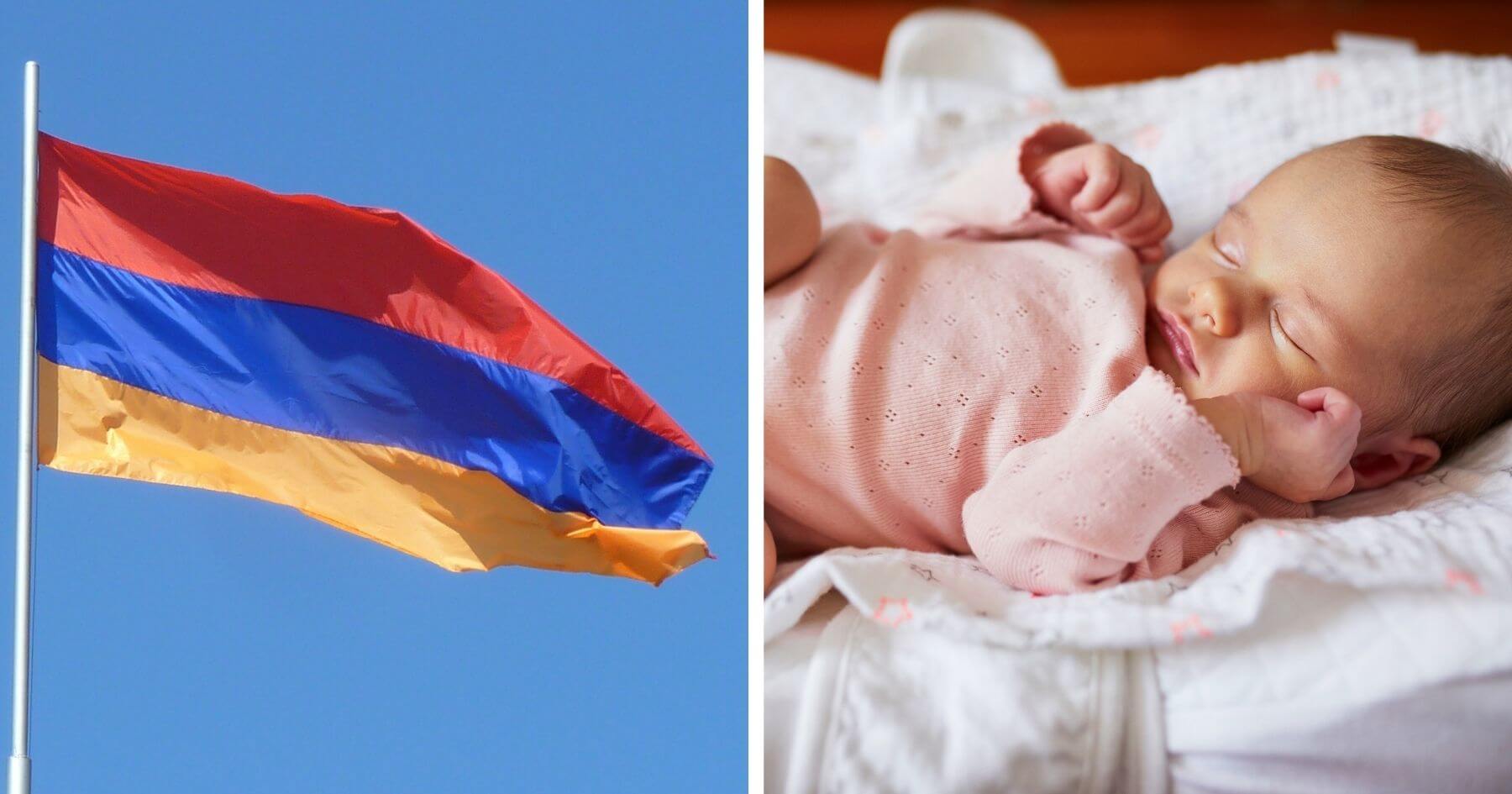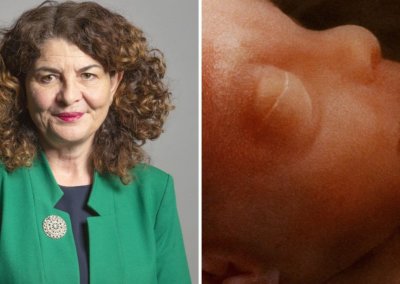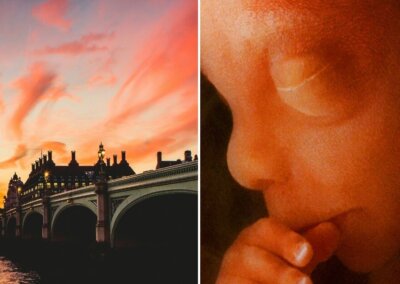Professor Tsovinar Harutyunyan, the Assistant Representative of the United Nations Population Fund (UNFPA) in Armenia, has recently spoken out about the devastating impact of sex-selective abortion on the country’s demographic future.
At a recent webinar for the University of Southern California’s (USC) Institute of Armenian Studies, Professor Harutyunyan discussed the demographic situation in Armenia.
She said: “Due to [sex-selective abortions] until 2060 93,000 girls will not be born in Armenia which is more than two and a half years of yearly births in Armenia and as a result of this our population will decline by 80,000″.
She went on: “We [the UNFPA] identified that this phenomenon existed in Armenia. We noticed an imbalance in [the births of] boys and girls”.
“The most important thing is the identification of the issue… making comparisons and looking for advice”.
She also discussed how large rates of post-Soviet outward migration had resulted in a major fertility decline in the Armenian population, and added that recent uncertainties over conflict and COVID-19 had resulted in further uncertainty resulting in an aversion to pregnancy.
Over a quarter of pregnancies ending in abortion
According to the UNFPA, almost 40 per cent of Armenian women have had at least one abortion. Women’s rights campaigners say some of the women they work with have had two or three abortions in one year alone.
Figures from 2017 report 10,006 official abortions and 37,700 live births. This shows a small decrease from 21.77% of pregnancies ending in abortion in 2014 to 20.97% in 2017. There are not yet any detailed statistics available for 2018 onwards.
With a population of just under 3 million, Armenia has the third-highest rate of sex-selective abortion – overwhelmingly of female fetuses – in the world, below only China and Azerbaijan.
Lack of a social safety net, economic stagnation (almost one-third of the country lives below the poverty line), and the introduction in the mid-1990s of ultrasound technology, which can predict a baby’s sex, are said to be contributing factors to the high rates of sex-selective terminations.
Sex-selective abortion: a global issue
Sex-selective abortion is a well-documented issue around the world, resulting in highly skewed sex ratios. Since amending its abortion law in 1998, sex-selective abortions have become a major issue in Canada.
An article in the Canadian Medical Association Journal describes how “[e]asy access to abortion and advances in prenatal sex determination have combined to make Canada a haven for parents who would terminate female fetuses in favour of having sons”. Similarly, evidence of sex-selective abortions has been found in the Australian territory of Victoria, which introduced abortion on request in 2008.
China’s “One Child Policy”, which was officially eased in 2015, permitted coerced sterilisation and abortion. Traditional values that favoured male children led to the mass abandonment or infanticide of female babies. Hundreds of millions of forced abortions were performed, sometimes at over eight months gestation. China consequently boasts the world’s most uneven sex ratio at birth of around 114 males born for every 100 females.
A spokesperson for Right To Life UK, Catherine Robinson, said: “It is a tragedy that in 2021 so many countries face the issue of widespread sex-selective abortion. We must take action to foster national and international attitudes in which all babies are valued for their inherent dignity as living human beings and not one in which they are unfairly treated as a burden simply for being girls”.












